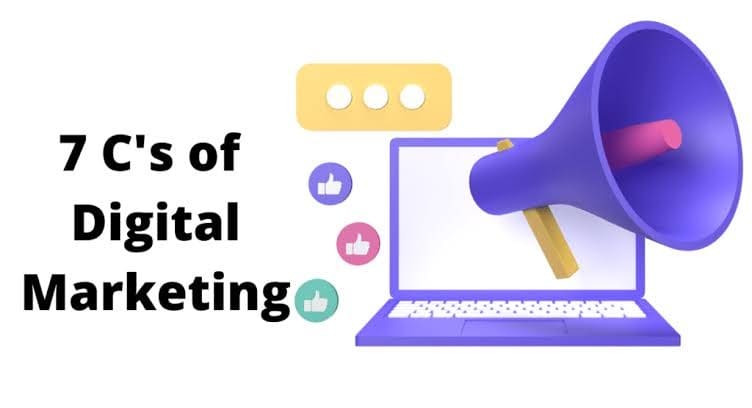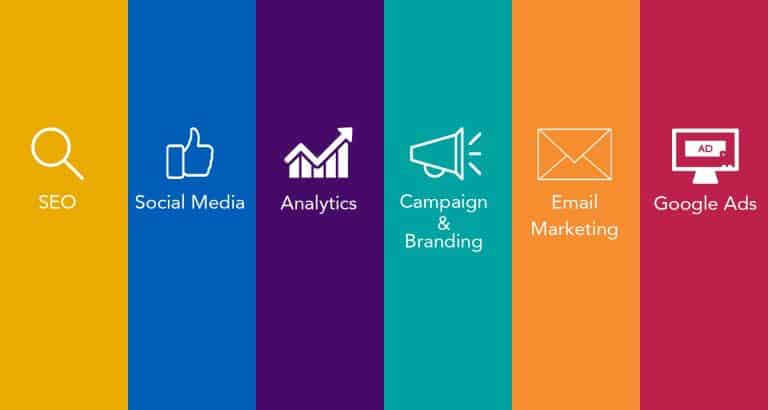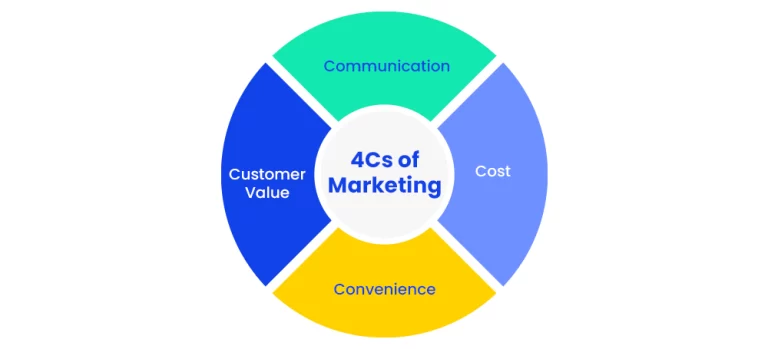Mastering the 7 C’s of Digital Marketing
Are you ready to take your digital marketing skills to the next level? In this article, we will explore the 7 essential C’s of digital marketing, uncovering the key factors that can make or break your online marketing strategy. From crafting compelling content to understanding your target audience, we will provide actionable tips and insights to help you become a master of digital marketing. So, get ready to dive into the world of the 7 C’s and unleash the full potential of your online presence.
The 7 C’s of Digital Marketing
Definition of the 7 C’s
The 7 C’s of digital marketing are a framework that helps businesses plan and execute their marketing strategies effectively in the digital space. These C’s represent key principles and areas of focus that contribute to successful digital marketing campaigns. The 7 C’s stand for Content, Context, Community, Communication, Customization, Commerce, and Conversion.
Importance of the 7 C’s
Mastering the 7 C’s of digital marketing is crucial for businesses seeking to thrive in the highly competitive digital landscape. Each of these C’s plays a vital role in achieving marketing goals, enhancing brand visibility, and driving business growth. By understanding and implementing these principles, businesses can create impactful marketing campaigns, build meaningful connections with their target audience, and achieve better conversion rates.
How the 7 C’s can be applied to digital marketing
- Content
In the world of digital marketing, content is king. creating engaging and valuable content is essential to captivate your audience and build brand reputation. Whether it’s blog posts, videos, social media content, or website copy, it’s important to produce content that resonates with your target audience. Additionally, optimizing content for search engines through the use of keywords, meta tags, and relevant headings can improve visibility and attract organic traffic. Lastly, leveraging different content formats, such as infographics, podcasts, and webinars, allows you to cater to diverse audience preferences and increase engagement.
- Context
Understanding your target audience is crucial for effective digital marketing. By diving deep into customer demographics, interests, and preferences, you can tailor your marketing efforts to resonate with them on a personal level. Personalization and segmenting your audience based on their specific needs and behaviors can help you deliver targeted content and offers that are more likely to convert. Aligning your content with customer needs involves staying updated on industry trends, listening to customer feedback, and adjusting your marketing messages accordingly.
- Community
Building and nurturing online communities fosters brand loyalty and advocacy. Engaging with your customers and followers through social media platforms, forums, and blog comments allows you to build strong relationships. By actively participating in conversations and providing value, you can establish yourself as a trusted authority in your industry. Encouraging user-generated content, such as reviews, testimonials, and user stories, not only demonstrates social proof but also strengthens the sense of community around your brand.
- Communication
Digital marketing offers various communication channels to connect with your audience. Utilizing platforms like social media, email marketing, and live chat enables you to engage in real-time conversations and build relationships. Effective messaging and storytelling play a vital role in capturing the attention and interest of your audience. Creating a consistent brand voice across all communication channels helps reinforce your brand identity and establish brand recognition.
- Customization
In the era of big data, utilizing data-driven personalization can significantly enhance your marketing efforts. By analyzing user behavior, preferences, and past interactions, you can create highly targeted and relevant marketing strategies. Tailoring your messages and offers based on customer segments enables you to deliver personalized experiences that resonate with each individual. Implementing dynamic content allows you to adapt your website or app to match each user’s preferences in real-time, increasing the likelihood of conversion.
- Commerce
Optimizing the user experience for conversion is a critical aspect of digital marketing. From designing a user-friendly website to streamlining the checkout process, every touchpoint should be optimized to facilitate seamless transactions. Implementing effective call-to-action strategies prompts users to take the desired actions, such as making a purchase or submitting a contact form. Leveraging e-commerce platforms, such as online marketplaces or dedicated e-commerce websites, provides additional opportunities for businesses to reach their target audience and drive sales.
- Conversion
Tracking and analyzing conversion rates is a fundamental practice in digital marketing. By monitoring key metrics, such as click-through rates, bounce rates, and conversion rates, businesses can gain insights into the effectiveness of their marketing campaigns. Implementing conversion optimization techniques, such as A/B testing, heatmaps, and user flow analysis, allows for continuous improvement and refinement of marketing strategies. Identifying and addressing barriers to conversion, such as slow website load times or a complicated checkout process, can lead to higher conversion rates and business success.
Conclusion
Mastering the 7 C’s of digital marketing is essential for businesses aiming to thrive in the ever-evolving digital landscape. By understanding and applying these principles, businesses can create compelling content, engage their audience on a personal level, foster a sense of community, communicate effectively, tailor marketing strategies, optimize the user experience, and track conversions. The potential impact on business success is immense, including increased brand visibility, higher conversion rates, and stronger customer relationships. In a rapidly changing digital landscape, continued learning and adaptation are key to staying ahead of the competition and achieving long-term marketing success.







